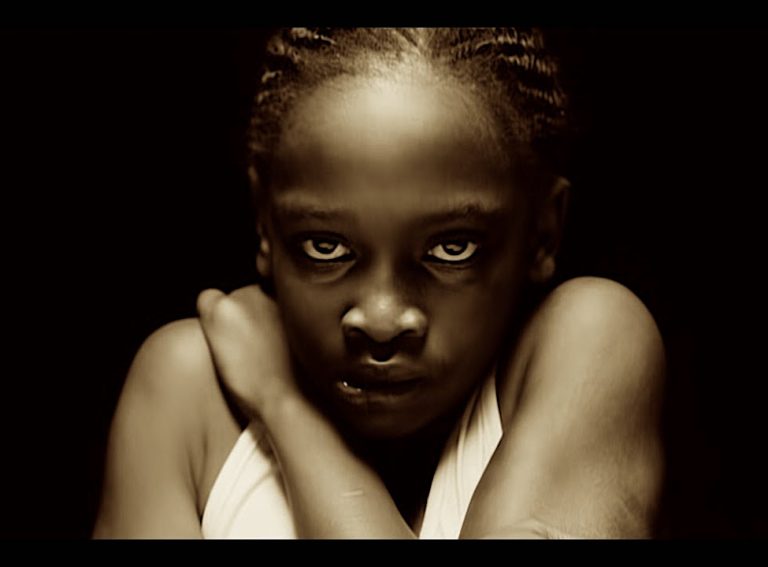The non-governmental organisation, Hacey Health Initiative, revealed that Nigeria experiences over 27,000 maternal deaths annually among adolescent girls, with approximately 43 per cent of them lacking access to modern contraceptives.
It was noted that in 2019 alone, over 190,000 adolescent girls aged between ten and 19 were newly infected with HIV due to limited access to information on sexual and reproductive health.
Rhoda Robinson, the Executive Director of Hacey Health Initiative, disclosed these alarming statistics during a stakeholders roundtable meeting in Akure, the capital of Ondo State.
She emphasised that sexual and reproductive health issues pose significant challenges for vulnerable adolescents and young people nationwide.
Robinson called for support from Civil Society Organizations (CSOs) and other stakeholders to ensure sustained Sexual and Reproductive Health Rights (SRHR) in the state.
Furthermore, she urged both the Federal and state governments to prioritize women’s sexual and reproductive health rights.
The roundtable meeting, themed “Building Movements to Sustain Sexual and Reproductive Health and Rights Interventions,” aimed to address the high rate of early pregnancies among adolescents.
The initiative targets empowering 80 per cent of Adolescent and Young People (AYP) in project communities across Nigeria with improved access to rights-based, inclusive, and gender-sensitive SRHR services.
Robinson highlighted that the program aims to enhance the capacity of youth-based CSOs, providing them with relevant and adequate information on SRHR services to address the challenges faced by vulnerable youths.
ALSO READ: FULL LIST: Lagos areas enjoying 20-hour daily power supply — NERC
“This programme is to check increasing HIV infection among adolescents and young people, to curb unhealthy sexual behaviour and gender norms and give access to SRHR information and services”
“This became necessary to give access to comprehensive sexual and reproductive health services, promote healthy behaviours among adolescents and youth and address SRHR issues to achieve broader development goals”
Robinson emphasised that vulnerable AYPs in the project communities due to lack of access to essential sexual and reproductive health information and resources are predisposed to challenges such as unintended pregnancies, inadequate antenatal care, unsafe abortions, sexually transmitted infections, HIV, and cervical cancer.
She revealed that the new project kicked off some six months ago and was being undertaken in five South West states of Oyo, Ondo, Osun, Lagos and Ekiti to ensure effective SRHR interventions in the states in the interest of the society, especially the female adolescents.
The Executive Director of HACEY Health said some of the strategies to be employed to ensure the success of the project include, advocacy, capacity building, partnership and collaboration, community engagement and access to media tools.
She said stakeholders, especially community leaders and religious leaders have a vital role to play by acting as advocates and influencers within their community, promoting SRHR awareness and acceptance.
“They are also expected to provide moral and ethical guidance on SRHR issues and foster dialogue and collaboration between different community groups to address SRHR needs comprehensively” She said
NIGERIAN TRIBUNE
